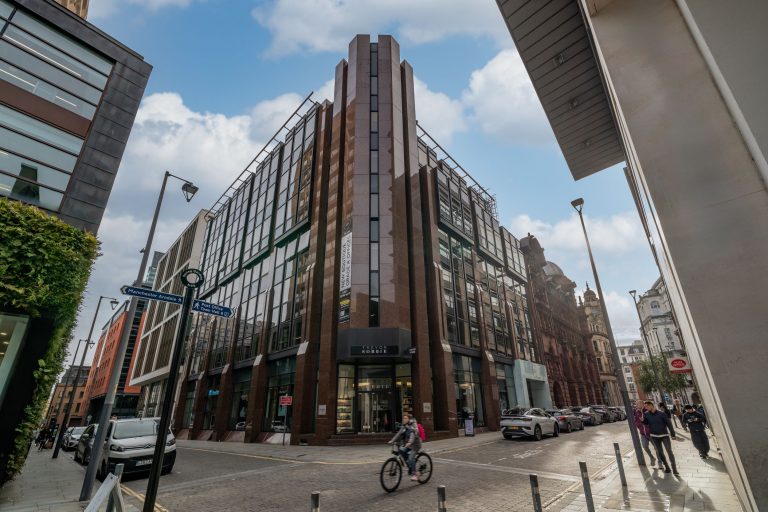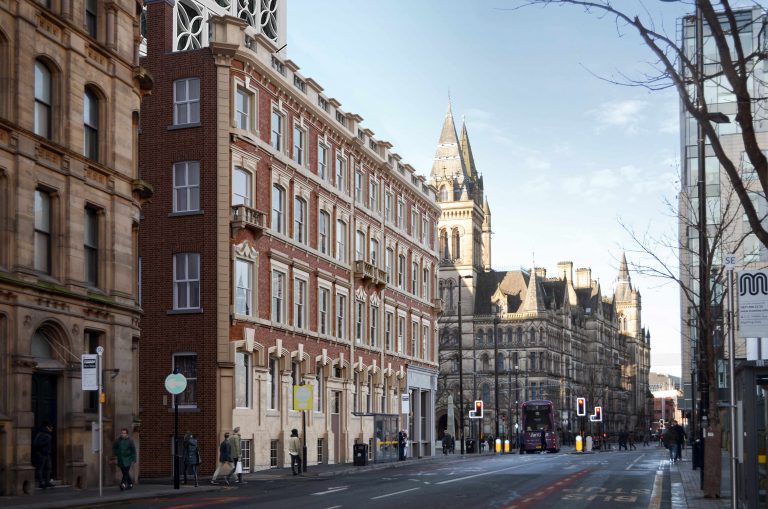Repurpose Trend Emerges on Scale
Jessica England | 09 October 2020
It’s safe to say that there have been few industries which haven’t been negatively impacted by the ongoing pandemic. However, some stand out more than others, and in particular the economic impact of Covid-19 has struck the hospitality industry hard. The huge reduction in both leisure and business travel has seen a significant decline in the demand for hotel rooms and while these were, in some circumstances put to good use during the lockdown to house the homeless and NHS workers, the move out of these emergency measures has left thousands of hotel rooms and facilities unused.
This decline in the hospitality industry has hotel operators such as Accor to pivot their offering by merging into the workplace sector. The shift has also been adopted by many more hotel chains that now offer a daily, weekly or monthly day use room starting from around £79 for the day. The concept is to attract those who are looking for solo working with a change in scenery from their home distractions.
According to research from Accor, 23 per cent of respondents – representing more than 4.1 million home workers – say distractions at home make them less productive. And 29 per cent (5.5 million workers) are finding it hard to switch off from work with no separation between home and the office
The merger of workplace and hospitality is nothing new. Back in 2010 workplace design evolved with softer ambiances and facilities commonly seen in a hotel. Due to the 2010 trend growing in tandem with the ageing dot com demographic, the hotel-inspired design thankfully replaced many of the Google inspired playground offices. Features such as the office slide were swapped for mindfulness rooms as the requirements of the workforce changed.
Similarly, the concept of many managed workspace operators, WeWork being the prime example, was to have a focus on amenities for occupiers that enabled them to “live” at the office – hospitality facilities, gyms and concierge to name but a few of the services you would usually expect from a hotel.
It is interesting that there is clearly a requirement for space outside the distractions of the home for people to work from. Luxurious solo work rooms with hotel service could appeal to those looking for a premium solo working experience.
However, data from the OBI workplace consultancy surveys has shown that the needs of employees is not so much around isolated focused working. One of the things employees have missed during the pandemic and one of the main drivers for those who have wanted to return to the office is the demand for face to face collaboration and human connection, something which won’t be achieved from a repurposed hotel room. This could be just the start of real estate users having to evolve and adapt to life post pandemic.


